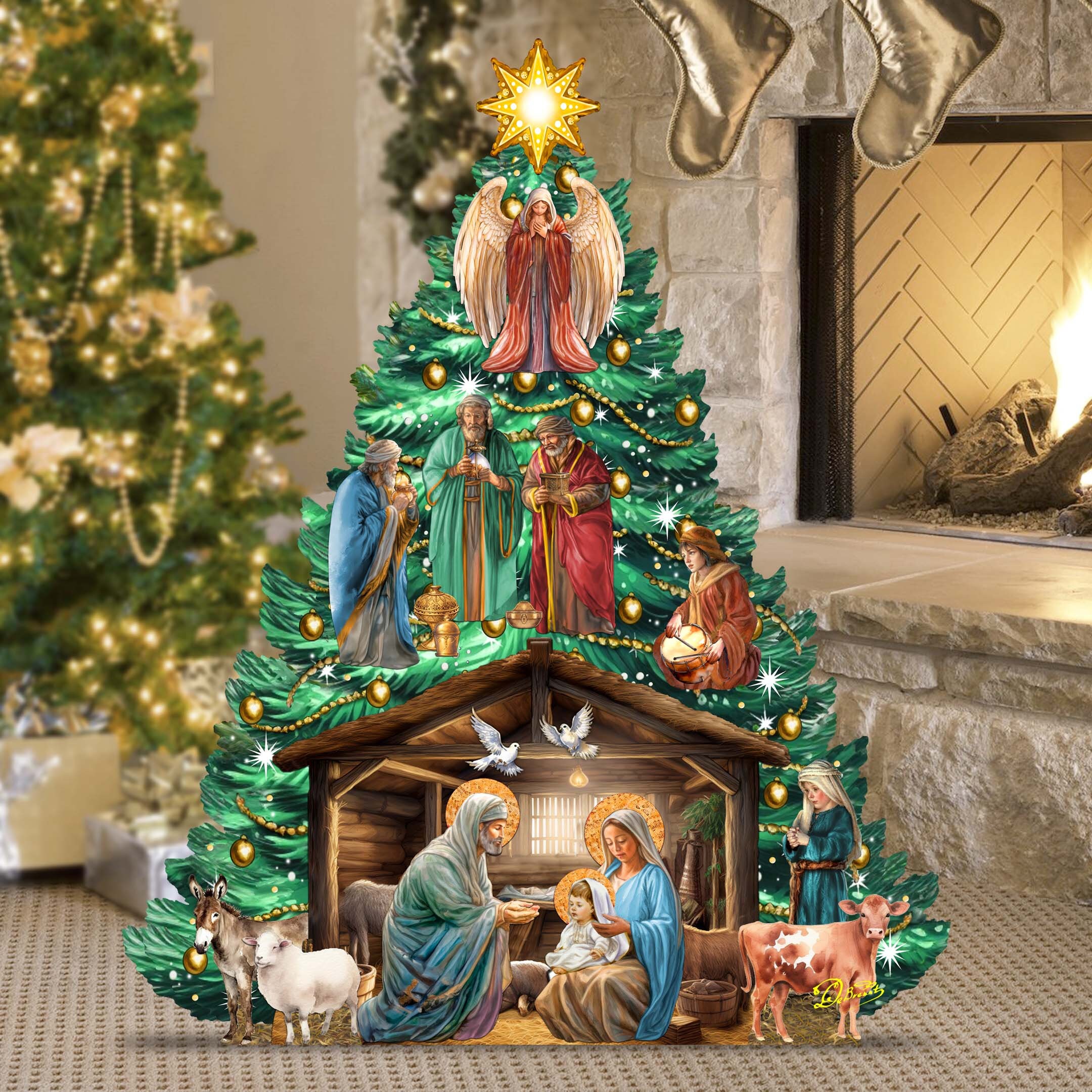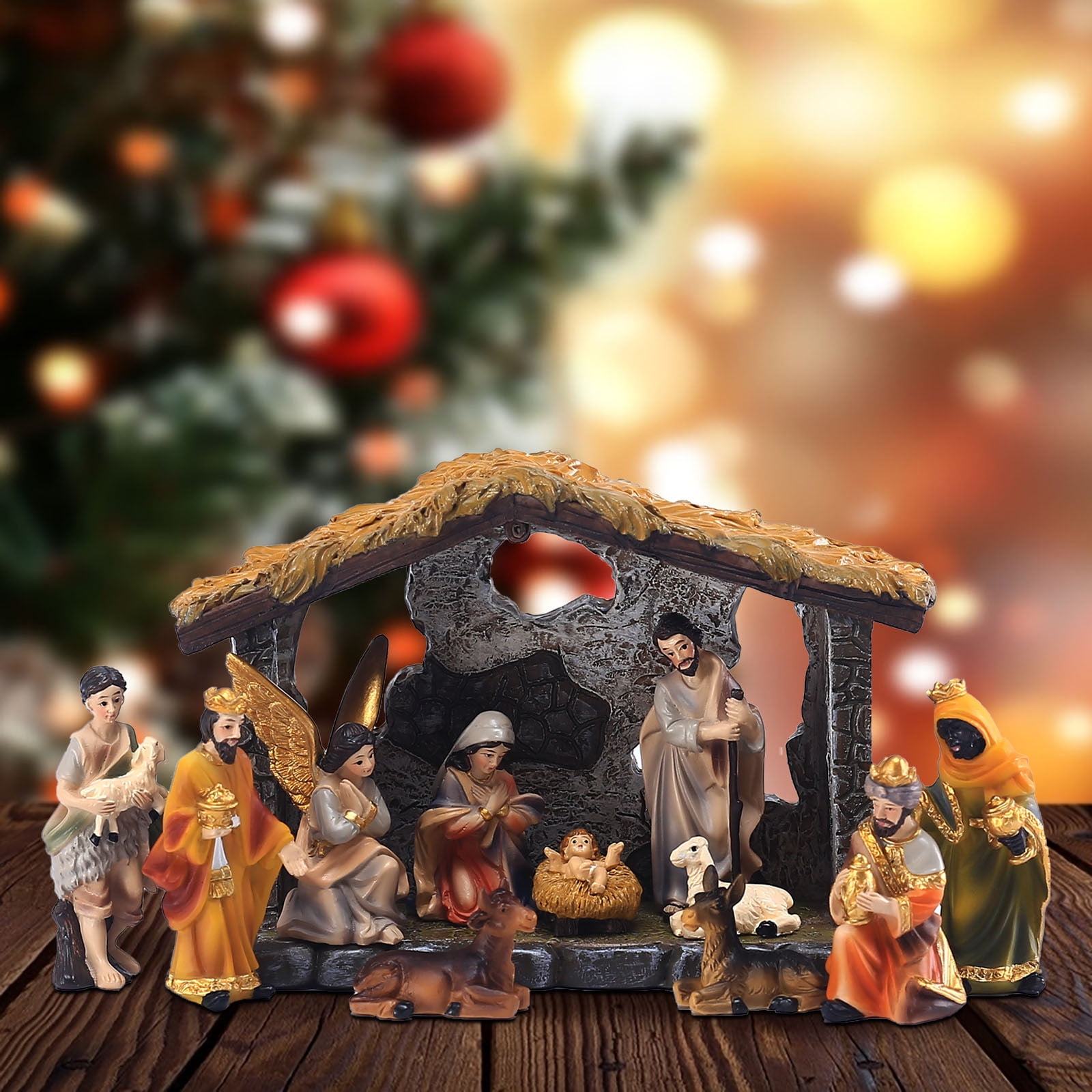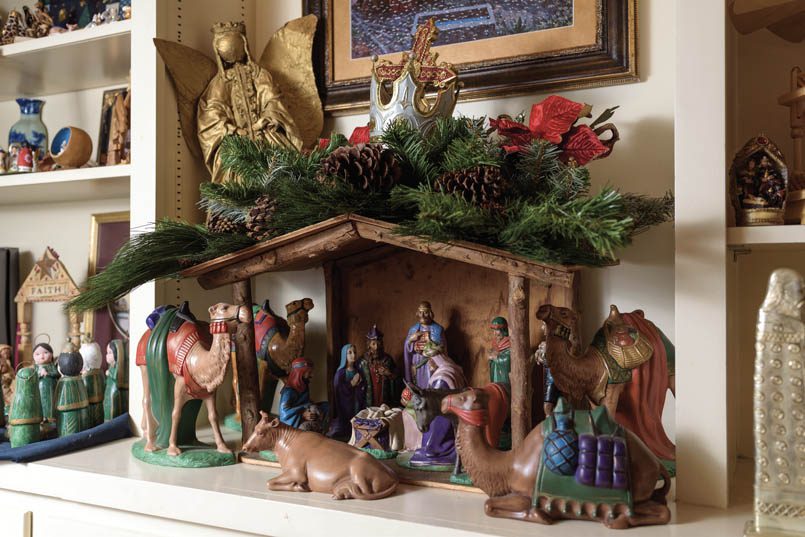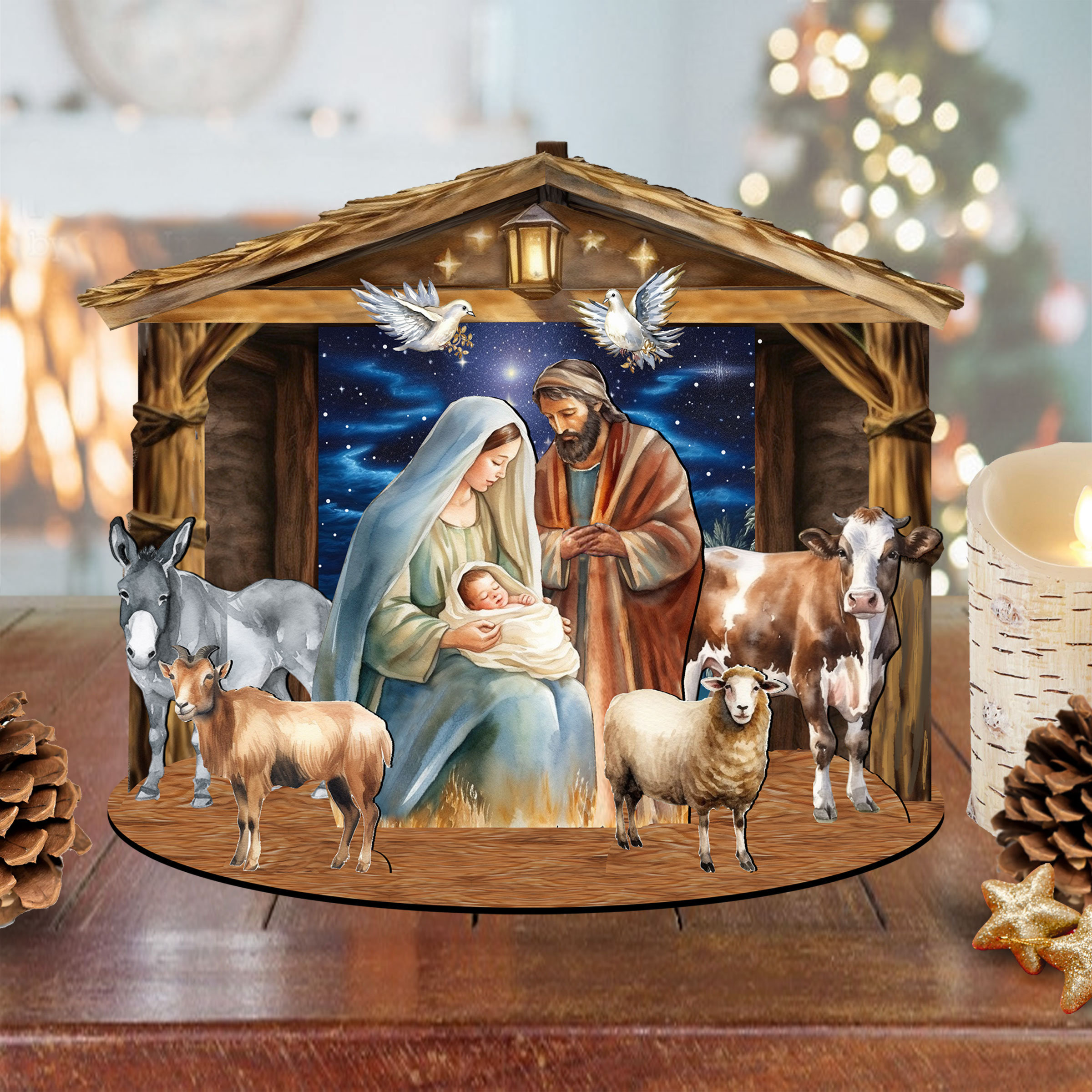Understanding the Importance of Nativity Christmas Decorations
Nativity scenes are a time-honored tradition during the holiday season. They serve as a beautiful reminder of the birth of Jesus Christ and the spirit of giving, unity, and love that comes with this festive time of year. In my experience, setting up a nativity scene has been more than just a decor choice; it has become a cherished family tradition that sparks joy and reflection.
In this comprehensive guide, I will delve into various aspects of nativity Christmas decorations, including their history, different styles, tips for arranging them, and how to choose the right pieces for your home. We will explore personal anecdotes, including lessons learned and the joy of creating a visually pleasing and meaningful display.
The Rich History of Nativity Scenes
Origins of the Nativity Scene
The nativity scene, or crèche, traces its roots back to the 13th century when St. Francis of Assisi created the first live nativity. This was intended to help the faithful visualize and connect with the humble birth of Jesus. Over centuries, the nativity scene has evolved, incorporating various elements, styles, and cultural influences.
Significance in Contemporary Culture
Today, the nativity scene holds deep spiritual significance for many Christians, serving as a focal point of holiday celebrations. The scenes are often displayed in homes, churches, and public squares, signifying a season of peace, goodwill, and reflection.
Choosing the Right Nativity Decor for Your Home
Factors to Consider
When selecting nativity decorations, consider the following:
- Space: Determine where you plan to set up your nativity scene. This will help you choose the scale of your decorations.
- Style: Your nativity set should complement your home’s overall decor style, whether traditional, modern, or whimsical.
- Materials: Nativity scenes come in various materials, such as wood, resin, and ceramic. Choose a material that aligns with your aesthetic and durability needs.
- Budget: Prices can vary widely. Set a budget before you start shopping to narrow down options.
Materials and Styles of Nativity Sets
| Material | Description | Pros | Cons |
|---|---|---|---|
| Wood | Handcrafted and often unique designs. | Durable, timeless appeal. | Can be expensive; may require maintenance. |
| Resin | Great for intricate details; often painted. | Lightweight, affordable, and varied styles. | Less durable compared to wood. |
| Ceramic | Classic look with various finishes. | Beautiful craftsmanship; elegant finish. | Fragile; can break easily. |

Setting Up Your Nativity Scene
Tips for Arranging Your Nativity Display
Setting up a nativity scene can be a fun and creative project. Here are some tips to ensure your display is both beautiful and meaningful:
- Choose a focal point: Start by placing the main figures—Mary, Joseph, and baby Jesus—in a prominent location.
- Add complementary figures: Incorporate additional characters like the shepherds, wise men, and animals to create a fuller story.
- Use natural elements: Consider adding some greenery, hay, or stones to enhance the scene’s authenticity.
- Lighting: Use soft lighting to create a warm atmosphere that draws attention to your nativity display.
Creative Ideas for Unique Nativity Displays
Non-Traditional Themes
While traditional nativity scenes are lovely, you might want to explore some unique themes. Here are some creative ideas:
- Nature-inspired: Incorporate natural materials, such as twigs and stones, for a rustic look.
- Global influences: Represent the nativity in a cultural context by using figures that reflect different ethnicities and traditions.
- DIY nativity sets: Create your own figures using clay or fabric, adding a personal touch to your display.

Using Technology in Your Nativity Display
Embrace technology by integrating LED lights or programmable features in your nativity scene. This can add an extra layer of charm and creativity, making it stand out.
Pros and Cons of Different Nativity Decorations
Weighing Your Options
When choosing nativity decorations, it’s essential to understand the advantages and disadvantages of various options. Below is a comparison to help you decide:

| Type of Decoration | Pros | Cons |
|---|---|---|
| Traditional Nativity Sets | Timeless appeal and emotional connection. | Can be costly and may require upkeep. |
| DIY Nativity Scenes | Personalized and creative expression. | Time-consuming and may require crafting skills. |
| Inflatable Nativity Decorations | Easy to set up, eye-catching. | May lack the traditional feel; susceptible to weather. |
Frequently Asked Questions (FAQs)

What are the best materials for nativity decorations?
The best materials for nativity decorations largely depend on your style and budget. Wood is ideal for a traditional look, while resin and ceramic offer more intricate designs.
How do I store my nativity decorations?
To ensure your nativity decorations last for years, store them in a cool, dry place. Use protective wrapping for fragile pieces and consider using bins to keep them organized.

Can I make my own nativity scene?
Absolutely! Making your own nativity scene can be a rewarding experience. You can use various materials like clay, fabric, or even recycled items to create personalized figures.
Where should I place my nativity scene?
Your nativity scene can be placed in a prominent area of your home, such as a living room table, a mantelpiece, or by the entrance. The key is to choose a spot that’s visible and allows for contemplation.
